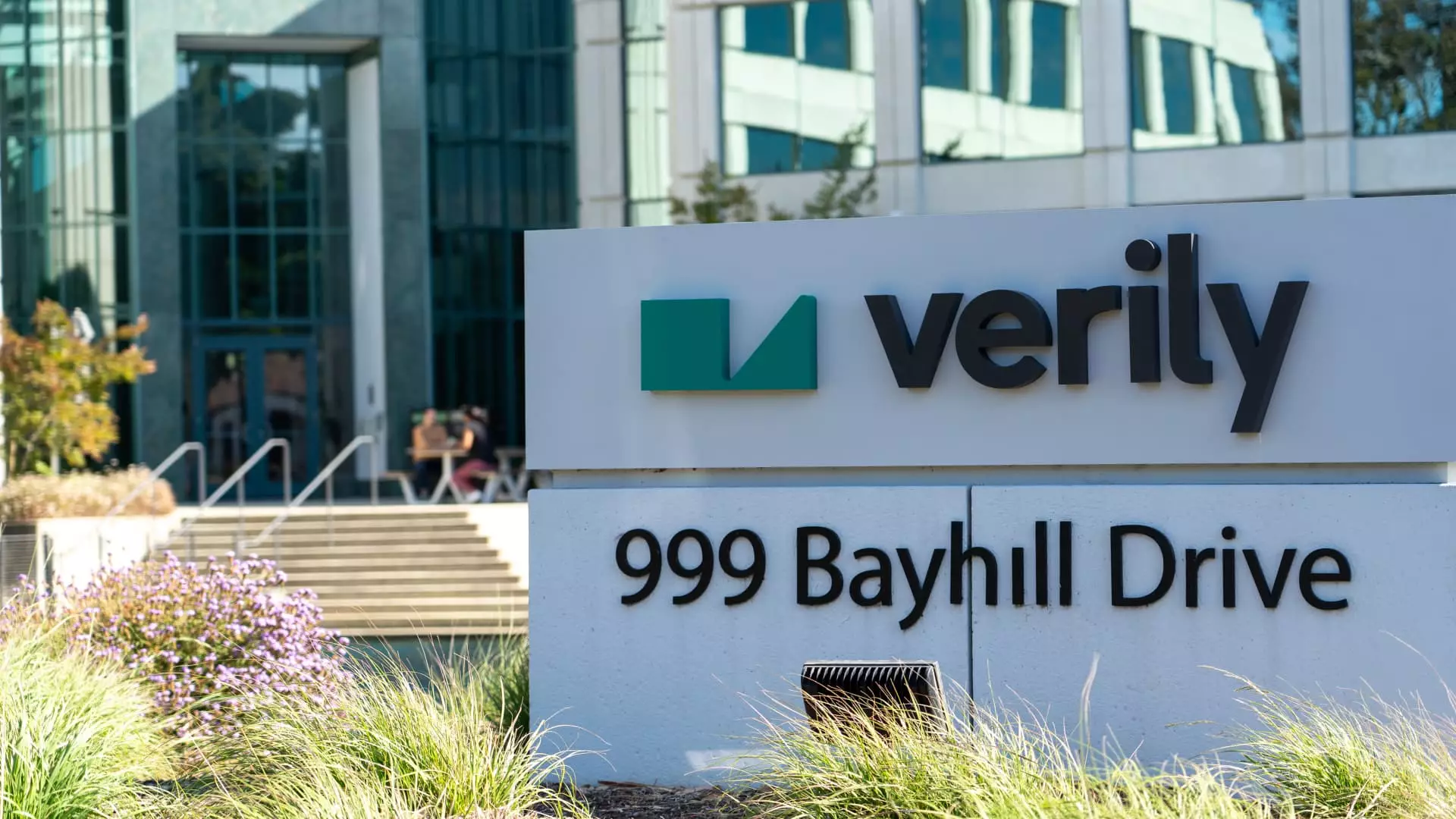In a significant development within the health technology landscape, Verily, a subsidiary of Alphabet, announced the sale of its stop-loss insurance unit, Granular Insurance Company, to Elevance Health. This transaction highlights a broader narrative of transformation as Verily attempts to redefine its place in healthcare. The deal, while lacking publicly disclosed financial details, underscores the company’s pivot away from insurance products and services after years of strategic shifts and organizational overhauls.
Granular’s Origins and Offerings
Founded in 2020 under the initial name Coefficient Insurance Company, Granular’s mission was to support self-funded employers with medical stop-loss solutions, leveraging advanced technology in process delivery. With backing from the Swiss Re Group’s commercial insurance branch, the company aimed to innovate within risk management. However, despite its technological ambitions, Granular’s journey was emblematic of Verily’s wider challenges. Since its inception, the company has grappled with identity and market positioning, frequently changing direction in response to evolving healthcare needs.
A notable aspect of Verily’s recent journey is its aggressive restructuring. The health technology firm has significantly reduced its workforce, aligning its human resources with shifting business strategies. This realignment is evidenced by the arrival of seasoned professionals from renowned companies; names like Myoung Cha and Andrew Trister, who bring extensive experience from Apple’s health initiatives, illustrate Verily’s effort to recruit talent capable of guiding its future. However, the departure of key figures such as Amy Abernethy raises questions about the internal stability and cohesion necessary for sustaining growth in an increasingly competitive market.
Despite heavy financial investments exceeding $1 billion, Verily’s struggle to establish a definitive niche within the healthcare ecosystem has been pronounced. The company’s trajectory has been marked by a lack of sustained focus—transitioning from hardware development in its early days to pandemic response strategies during COVID-19, then pivoting towards precision medicine with launches such as the AI-driven Lightpath solution. This inconsistency could be interpreted as a reaction to immediate market forces rather than a cohesive long-term strategy, leading many to speculate about Verily’s future direction.
The sale of Granular Insurance Company marks yet another chapter in Verily’s ongoing saga of transformation. As the company ventures away from the insurance sector, it raises important questions about its next steps and ability to carve out a sustainable identity in healthcare. Stakeholders will be closely watching Verily’s ability to leverage its technology and partnerships, alongside its newly defined focus, to foster innovation that meets the complex demands of the healthcare industry. Moving forward, Verily must navigate these challenges strategically if it hopes to transition from uncertainty to a position of stability and leadership in health technology.


Leave a Reply